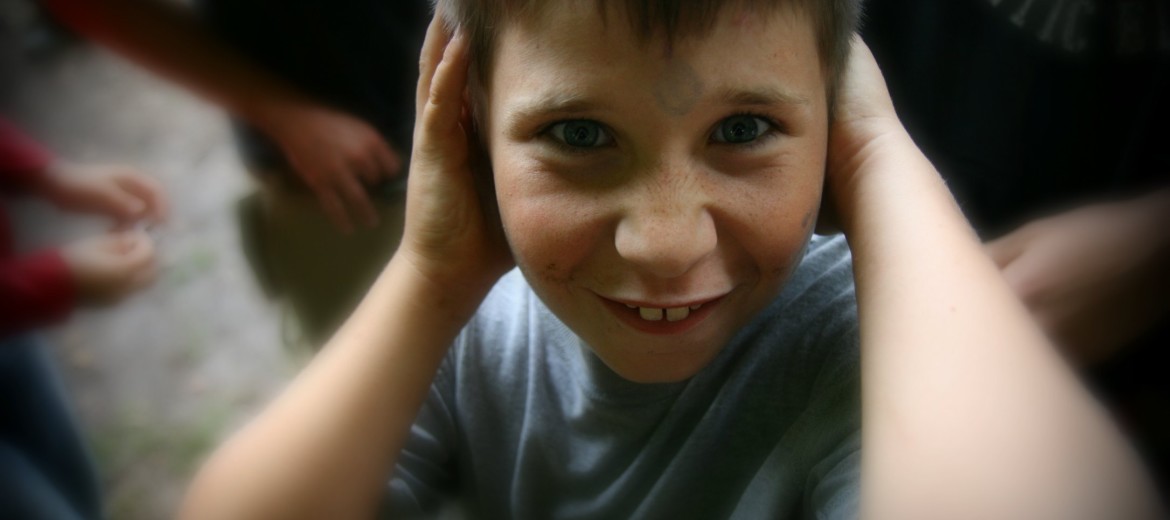Those on the autism spectrum often deal with sound sensitivity, and it can come in different flavors. Some individuals might be hypersensitive, and can’t help but pay attention to each and every sound. While others can suffer from hyposensitivity, where they do not respond to sounds or to their name. It’s not uncommon to identify this under sensitivity with hearing loss, but in some cases, there is actual hearing loss due to the developmental challenges and delays of autism. While this can make it difficult to cope with everyday life, there are some autism auditory sensitivity tips that can help prevent panic attacks and meltdowns.
April is Autism Awareness Month and in recognition, we bring you some pointers on how to better control and cope with auditory sensitivities in individuals on the autistic spectrum.
• When control over sound is possible, be sure to not play more than one sound at a time. In many autistics who have an over-sensitivity to sound, dual sounds can often cause painful headaches, rise anxiety, and can lead to a meltdown.
• Limit exposure to places that are packed full of people and sounds, since people on the autism spectrum have difficulty due to their inability to only focus on one or a few things. Autistic individuals often have the ability to hear everything and pay attention to everything at once and this can quickly overstimulate them. When this can’t be avoided, be sure to find a quiet place in order to give some relief.
• When working or studying, keep the noise level down and limit the number of sounds. Since many autistics can hear everything going on simultaneously, it becomes impossible to concentrate or pay attention to just one task. This can quickly drain the individual and can cause their anxiety level to escalate.
• When out in public make sure to have a pair of earplugs or noise canceling headphones. While some may disagree with this practice, for those who are hypersensitive it can help provide relief and instant comfort. When sounds become too overstimulating, blocking out everything can help limit any painful symptoms and help prevent an autistic person from having a panic attack.
• Bring along a distraction in order to help prevent pain and overstimulation when out in public or when in a noisy environment. A favorite toy, book, sketch pad or electronic device will give them some comfort and help them auto distract from everything else around them. Just be sure to bring something that they love and cherish to help distract them from offending noise.
• Take note of what sets him or her off, as there are several different types of noise sensitivity in hyper and hyposensitive individuals. Those who are hyposensitive can have what is called a recruitment sensitivity, which is when certain decibel level of sound makes the individual experience a sharp increase in sound perception that can be painful and shocking. While others who are hypersensitive might hear certain frequencies louder than a normal person, or they may suffer from an unusual fear of sound. In addition, emotional reactions to sound can also occur, and this can be triggered from the sounds of eating or breathing. Once you know what sounds set them off, you will be better prepared to limit their exposure.
• Knowing what sets him or her off will also aid in helping them become desensitized to that sound. Use small steps to help show them that these sounds are OK, don’t just push them into sudden exposure. If an autistic person has problems with hearing sirens it would be best to start off by showing them pictures of emergency vehicles, and then working up from there. By being gradual they will eventually learn that the sound is just a part of everyday life, which will help limit any anxiety driven panic attacks.
It is important to know that individuals who fall within the autism spectrum are all unique, and no two are alike. Just like a snowflake, each person who has autism is unique in their behavior, in the presentation of their symptoms, development, and in cognitive function. This means that with each person what works and doesn’t work will differ, so you need to find out what works for that particular individual.





